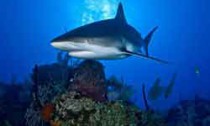
To mark Shark Awareness Day, the World Wildlife Fund (WWF) has urged all Mediterranean countries to urgently act to improve the information and awareness for fishermen, boost controls and ensure an adequate system to report the capture of sharks and rays.
The organization wrote in a statement that sharks and rays are fundamental indicators of the state of health of the oceans and their beneficial impact on the welfare of the seas is wide-ranging.
In many areas of the world, they also represent an important economic resource for tourism. The WWF will promote on its social media accounts a special marathon to inform on the importance of sharks for the marine ecosystem, dispelling myths about the threat posed by this species and suggesting behavior to promote its preservation.
The public will...
Read More


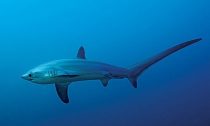
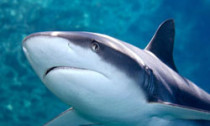
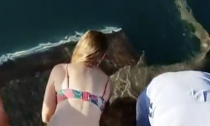
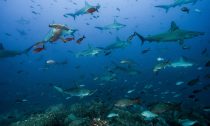
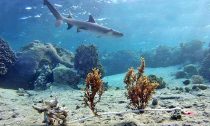
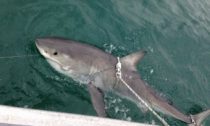



Social Profiles